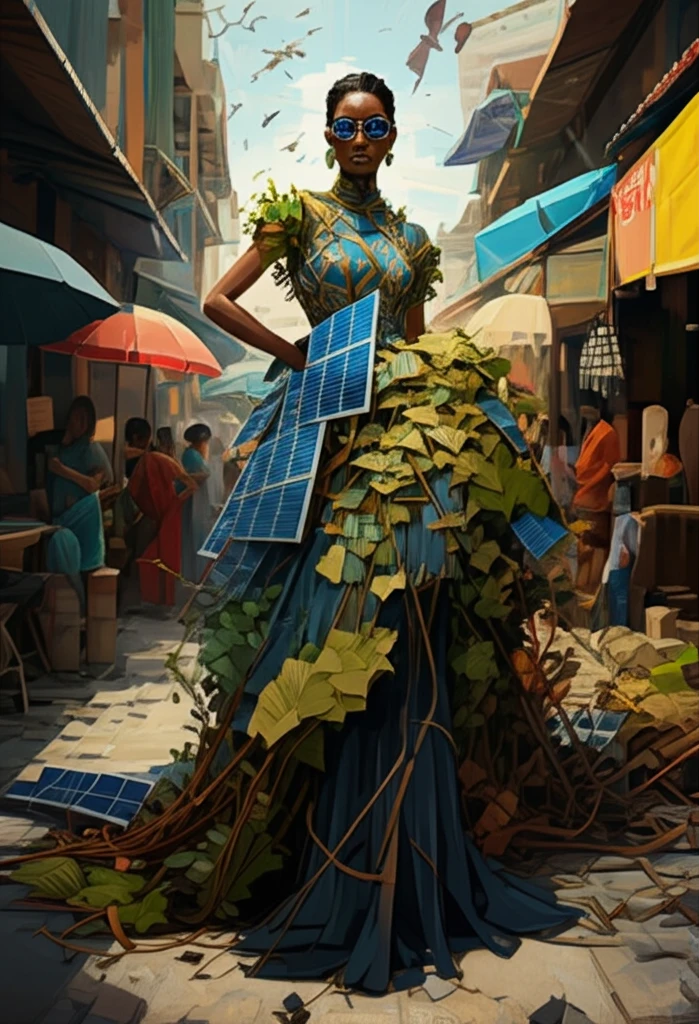
Sustainable Style: Decoding Luxury Fashion in Emerging Markets
"Explore how eco-consciousness reshapes luxury perceptions, especially among young, fashion-forward consumers."
Luxury fashion is no longer just about high price tags and exclusive designs; it's increasingly intertwined with social responsibility and environmental consciousness, especially in emerging markets. Consumers are becoming more aware of the impact their purchases have on the planet, and this awareness is reshaping how they perceive value in luxury goods.
As incomes rise and access to information expands in these markets, consumers are beginning to demand more from their favorite brands. They want assurance that their coveted items aren't just symbols of status but also reflections of their values. This shift creates both opportunities and challenges for luxury brands eager to connect with a new generation of discerning shoppers.
The core question revolves around the influence of sustainable practices on consumer perceptions of luxury goods. Can integrating environmentally-friendly attributes truly enhance a brand's appeal, and how do these perceptions manifest in a rapidly evolving market?
Decoding Luxury: Beyond Price and Prestige

Traditionally, luxury has been associated with exclusivity, superior quality, and the prestige that comes with owning rare and coveted items. However, in emerging markets, this definition is evolving to include ethical and environmental considerations. Consumers are increasingly viewing luxury purchases as an extension of their personal values and beliefs.
- Exclusivity: Maintaining a sense of rarity and limited availability remains crucial.
- Normative Beliefs: Communicating a commitment to social and environmental responsibility is essential.
- Self-Directed Pleasure: Luxury items should still provide a sense of personal enjoyment and satisfaction.
- Social/Prestige: The perceived social status and admiration associated with the brand are still important.
Looking Ahead: The Future of Luxury is Responsible
The shift towards sustainable luxury in emerging markets is not a passing trend but a fundamental change in consumer behavior. Brands that embrace this shift and actively integrate ethical and environmental considerations into their business models will be best positioned to capture the hearts and wallets of future luxury consumers. As awareness grows and expectations rise, the future of luxury will be inextricably linked to responsibility and sustainability.
